4 Signs Your Crankshaft Needs Repairs
Crankshafts are some of the most important parts of any vehicle. They are by far the heaviest and are responsible for making your engine and your entire vehicle run. According to Basic Principles of Engineering, the crankshaft can be put under enormous amounts of stress equaling several tons of force! Unfortunately, because of this, the crankshaft is subject to wear and tear, and it can make it impossible to operate your vehicle when it is in need of repairs. Here are three signs you should look out for to determine if you need crankshaft repairs.
1. Trouble Starting Your Vehicle
The dreaded sound of a knocking engine as you're trying to turn on your vehicle is a good indicator there is something wrong with your crankshaft. Issues can also be due to the starter or battery, however, but you'll know you need crankshaft repairs once you take your car in for maintenance.
2. Engine Stalling
If your engine seizes or stalls on you, this is a sign that your faulty crankshaft is causing your engine to misfire. This then leads to stalling, seizing, and having difficulty restarting your car. If these are regular occurrences, it's dangerous to continue to drive your vehicle without crankshaft repairs. Get your vehicle in to your mechanic immediately before the issue escalates.
3. Check Engine Light Comes On
A check engine light coming on is never a good sign. Unfortunately, it does indicate a problem could be present with your crankshaft or other parts of your engine. If you notice all of the above issues coupled with an inability to accelerate properly, low oil pressure, and knocking sounds coming from your engine, these all point to the need for crankshaft repairs.
4. Needing to Fill Up More Gas
If your vehicle is now taking more gas more often because it's burning more fuel, this lowered fuel efficiency can be a sign of trouble. A crankshaft or crankshaft position sensor may be to blame, so bring your car in for possible crankshaft repairs or to rule out other issues.
When your car's crankshaft is damaged, it can cause a domino effect leading to engine failure. Don't let this be the case, and take your car in for crankshaft repairs if you notice any signs of engine stalling, lowered gas mileage, weird sounds, and of course... the dreaded check engine light.

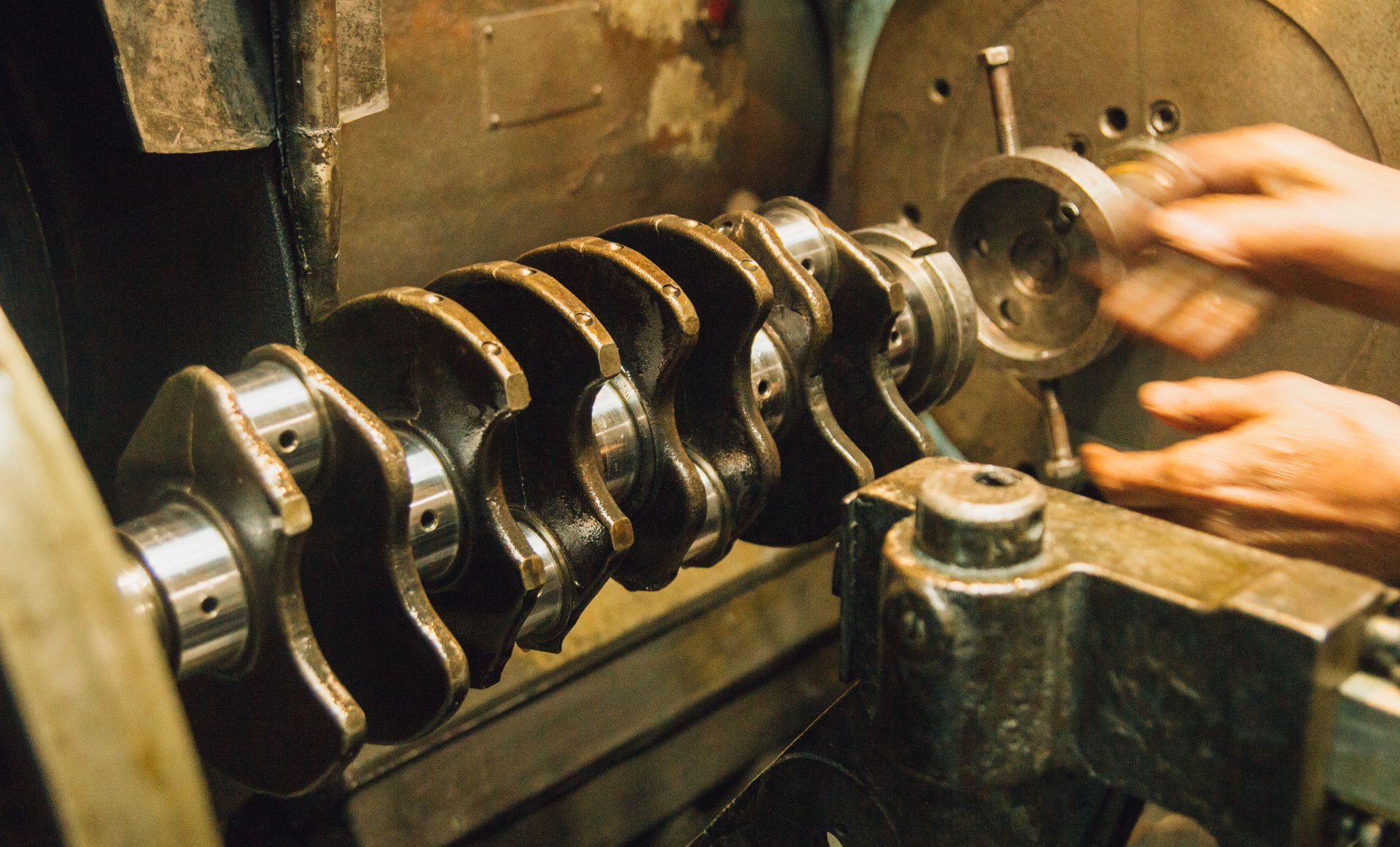
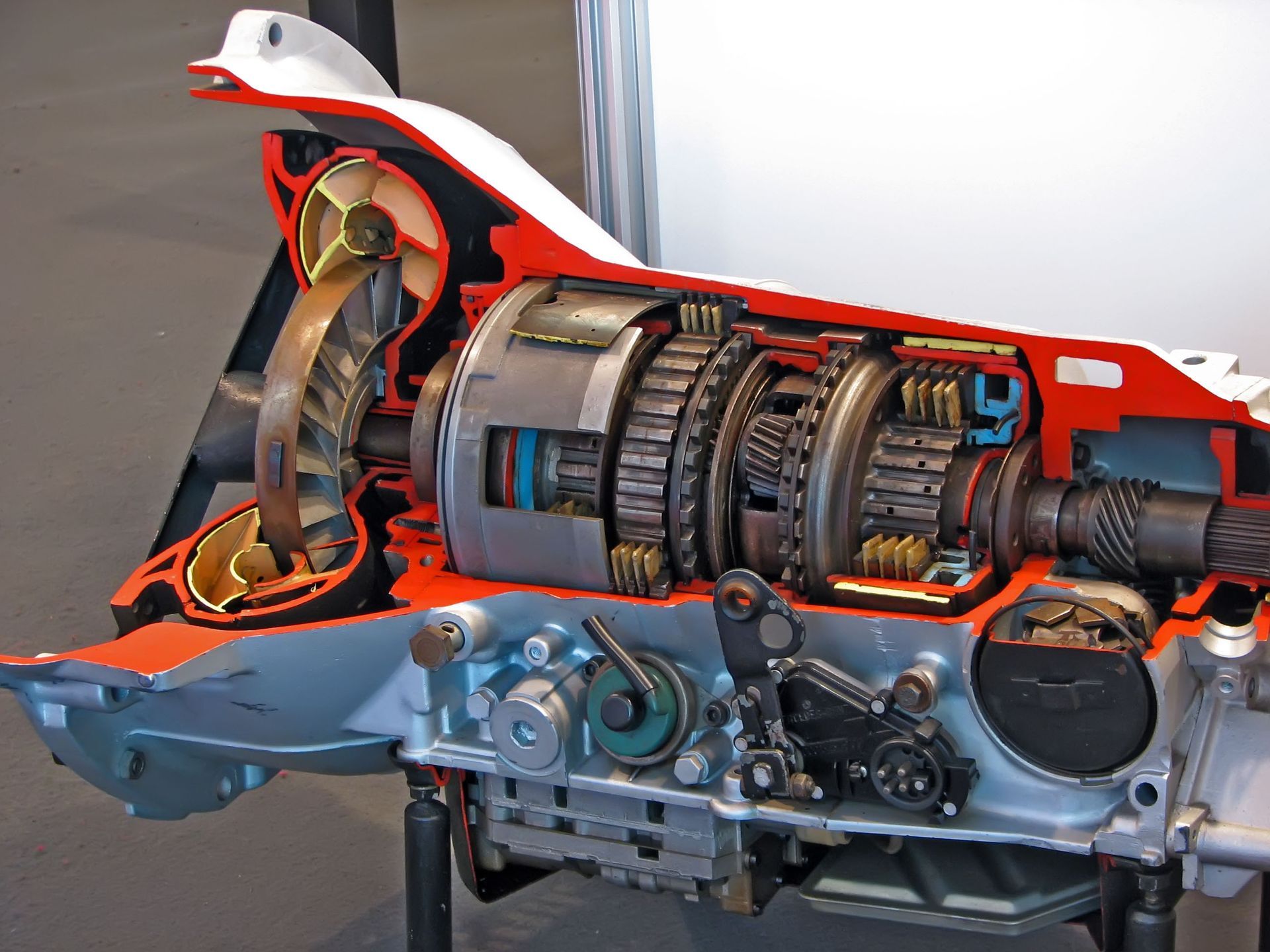
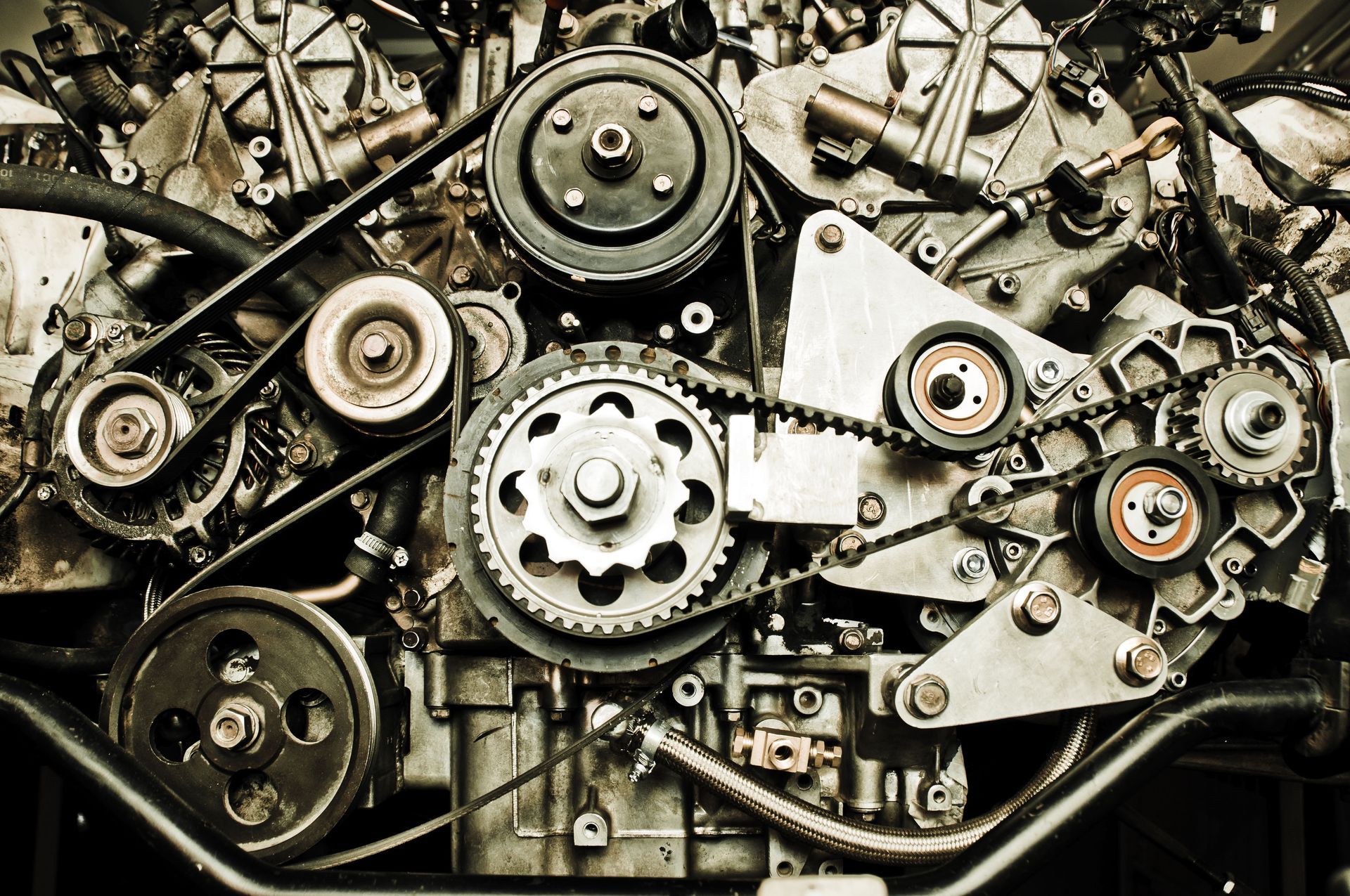
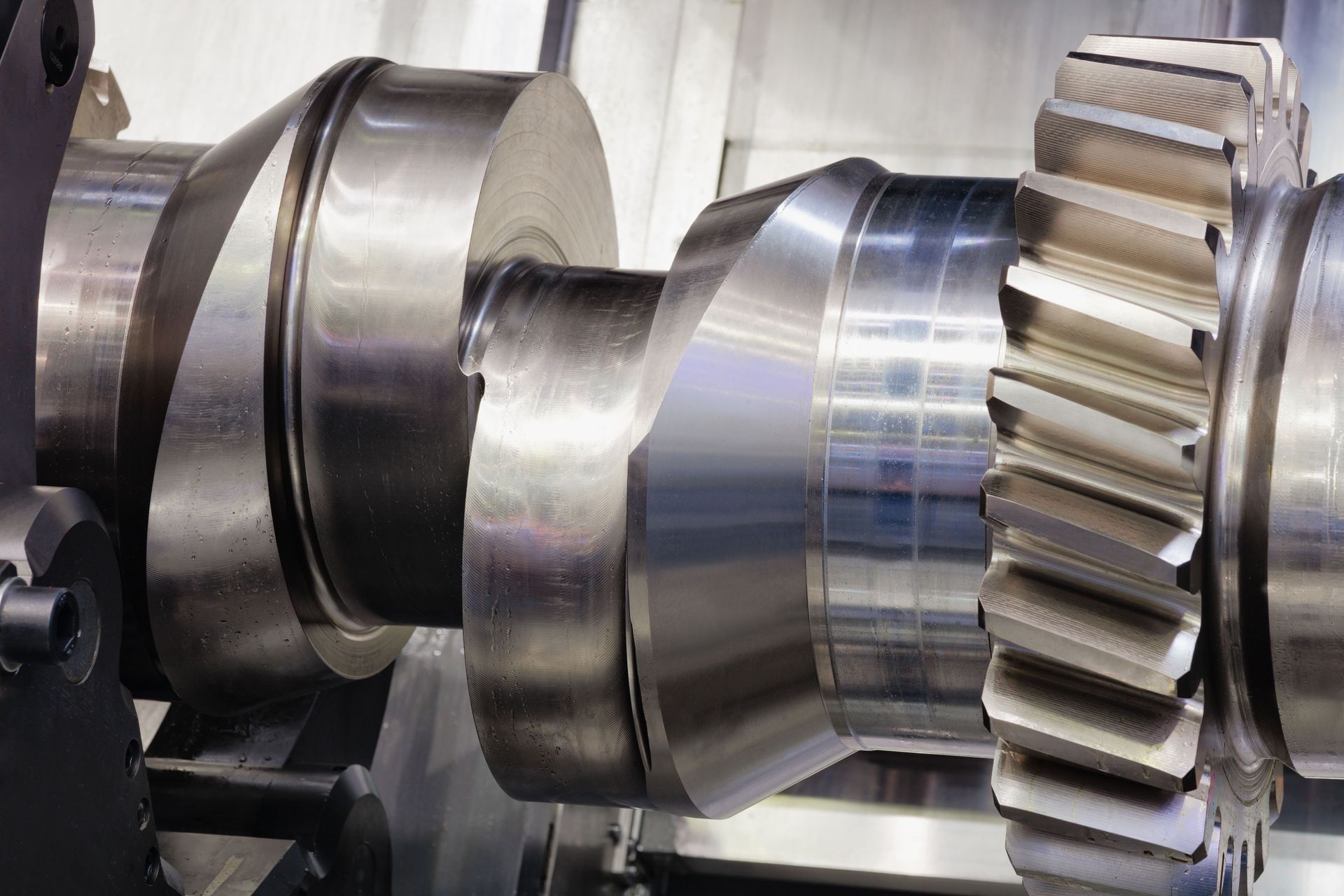
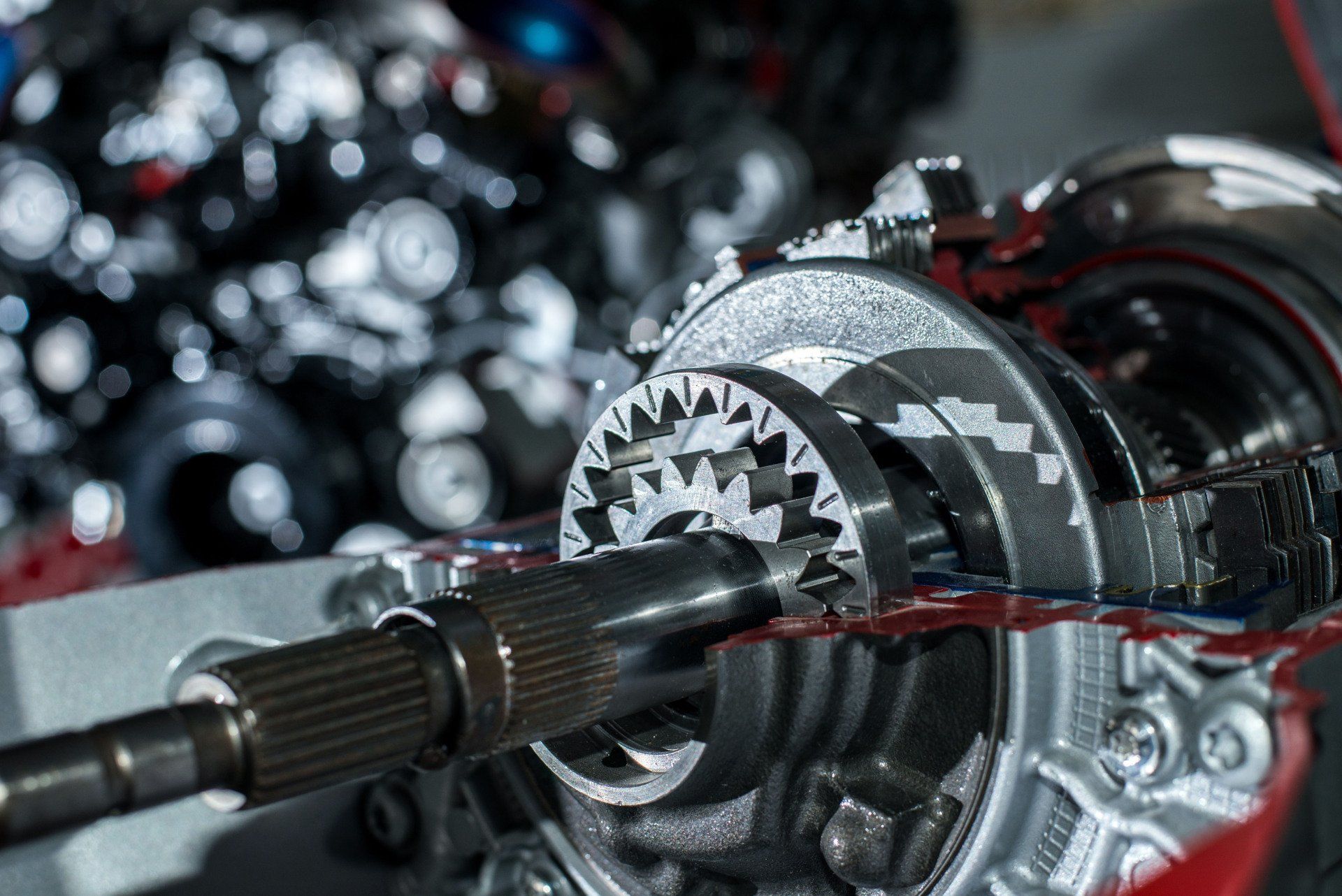
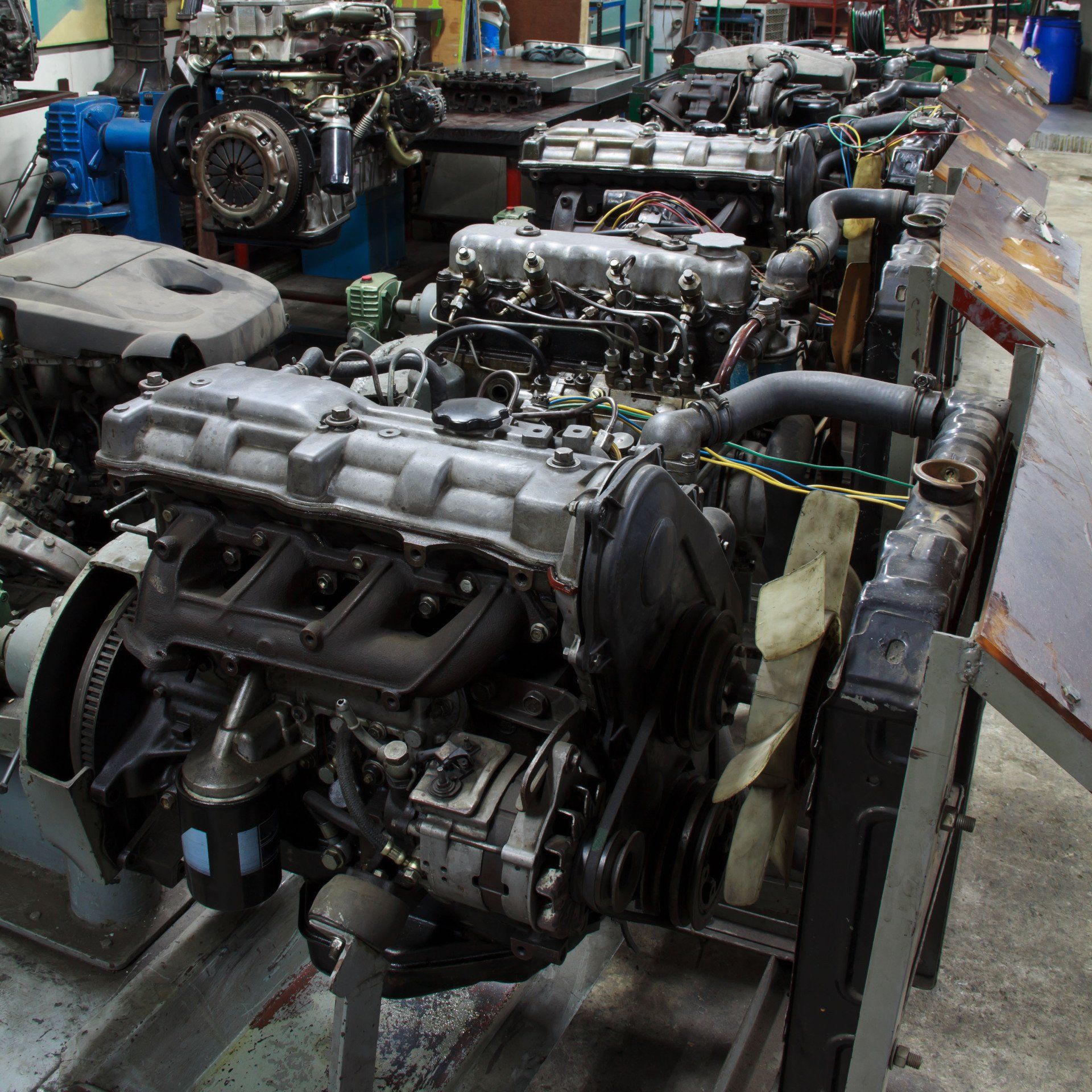
Share On: